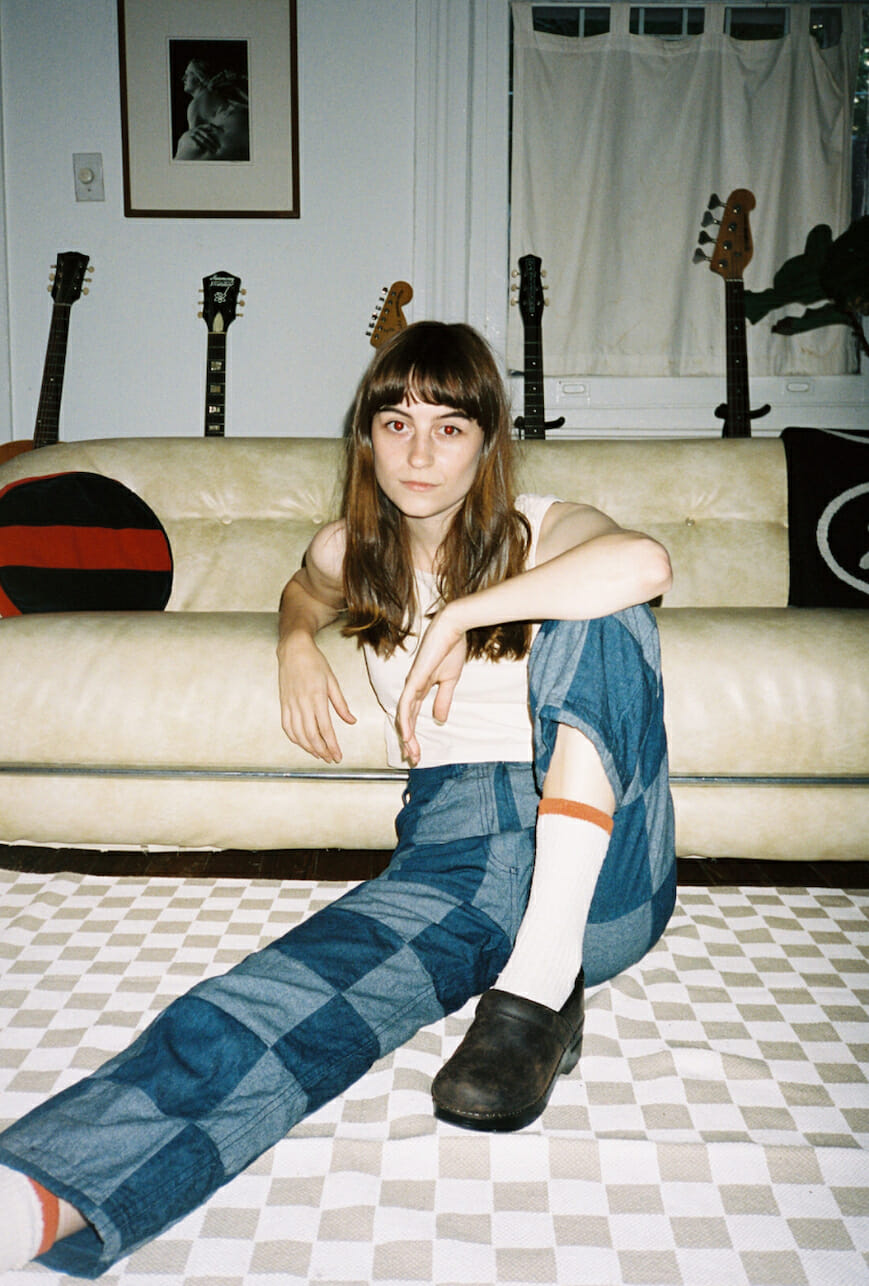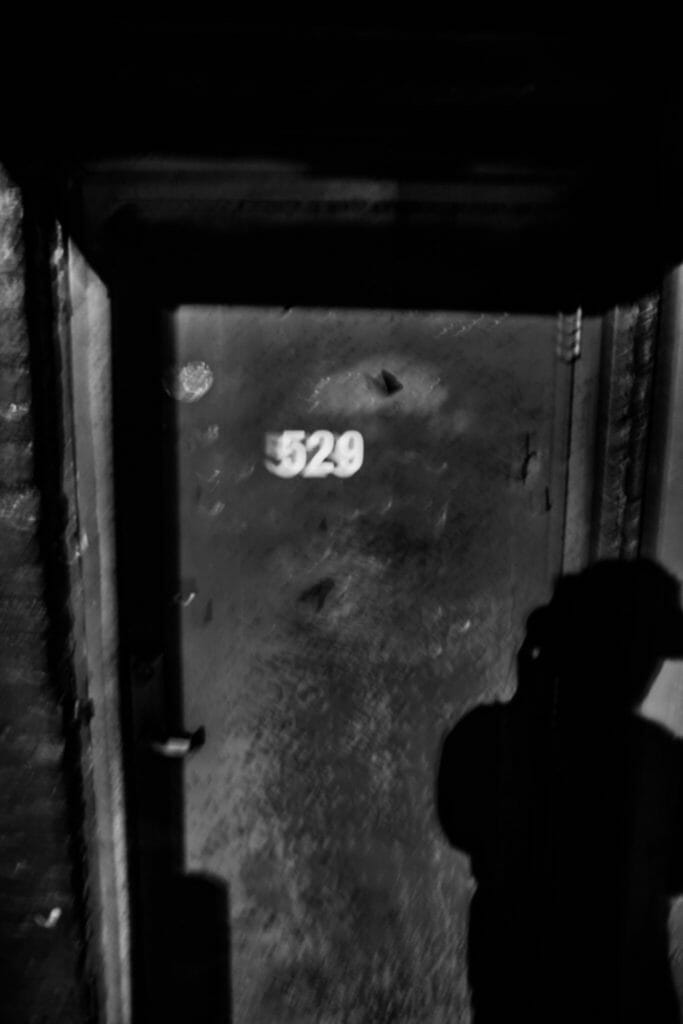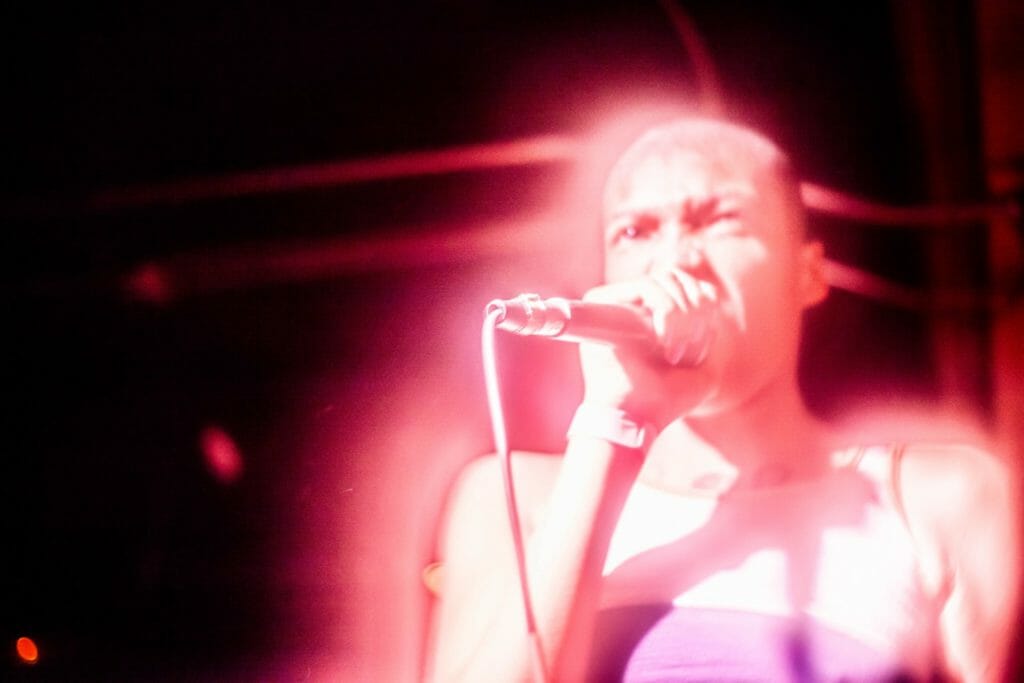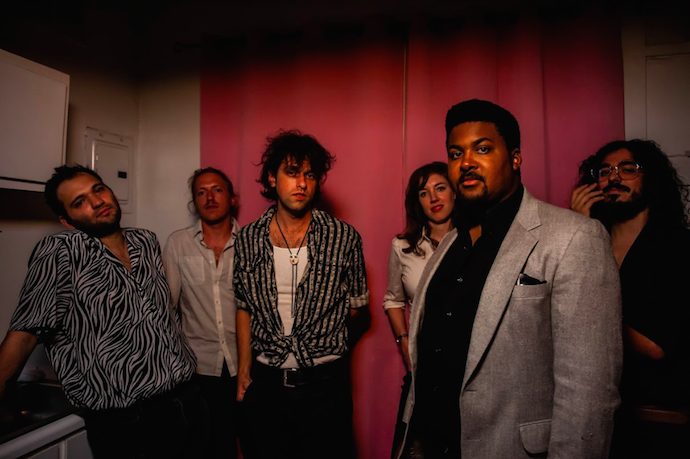ATLANTA — Singer-songwriter Faye Webster is settled in her sunroom in her Midtown Atlanta home when she picks up my phone call on a Thursday afternoon. The Atlanta native has just wrapped up recording an album for release in 2021, hinting at its offerings through two lead-up singles “In A Good Way” and “Better Distractions” and a full-band livestream of previously released music from Chase Park Transduction. Over the phone, her voice sounds relaxed and warm; I can sense that she is in a comfortable space. She tells me she’s surrounded by a collection of the plants she’s taken to cultivating recently
“I have a bunch of fiddleleafs… I have a ficus tree that’s so huge it almost goes to the ceiling of my sunroom. I just got a ric rac cactus that’s fucking sick. I’ve got some swiss cheese plants, some elephant ears. It’s lit in here,” she says. “My plants started to show signs of dying and I think that’s when I was like, \’I’m into this now. I’m gonna fix them.’”
It’s no surprise that the self-proclaimed introvert has settled into a cushy routine these days, starting her day by turning on the humidifier for her plants. She might take a walk around the park near her house to expand her Pokédex collection or read some Octavia Butler. Or she might spend time cooking spaghetti and watching Lovecraft Country with her partner and fellow Atlanta musician, Boothlord.
Webster’s story began here in Midtown, where she was raised in the dorm house that her father frequented as a student. Her upbringing in Atlanta has shaped much of who she is today, both as a person and an artist. She grew up watching Braves games, catching local music shows, and hanging out with primarily hip-hop artists. A self-taught musician, Webster released her debut album at the age of 16, heavily inspired by the country and folk music that she grew up listening to. Most of the songs off Run & Tell were simple, offering plain lyrics over pretty guitar chords in a traditional verse-chorus-verse structure.
Webster went on to study songwriting at Belmont University in Nashville but quickly dropped out, realizing she preferred her own music-making process over formal study. Moving back to Atlanta, she connected with the city’s creative community and reached out to other musicians through social media, taking agency over the direction of her own musical development. A DM with rapper Ethereal ultimately led her to sign in 2017 with Awful Records, the label founded by rapper and producer Father which hosted acts such as Playboi Carti, Tommy Genesis, and Abra.
That year, Webster released her self-titled album, a collection that layered a soulful tinge over her classic alt-country lines and an outlier among Awful Records’ primarily hip-hop productions. But Webster had a penchant for drawing listeners in by cultivating her own organic sound, fusing Southern folk with a tinge of soul and R&B. Citing inspiration in Aaliyah and Angel Olsen, Webster didn’t shy away from punctuating inherited traditions of Americana songwriting with her own experiences in Atlanta’s hip-hop scene. The result is a criss-cross of vintage and modern, sardonic and introspective—a genre charmingly capricious to define but undoubtedly rooted in the rich musical history of her home city, a melting pot of genres and affinities in itself.
That fusion is particularly palpable on her third studio album, Atlanta Millionaires Club, released in 2019 through alt-indie label Secretly Canadian. For instance, the album pairs twangy folk tracks like “Right Side of my Neck” with Aaliyah-inflected R&B grooves like “Flowers” which features Father himself, now a close friend of Webster’s. She drenches her ten intimate tracks in pedal steel guitar, paying homage to her foundations in country music and evoking scenes of thick Southern humidity. Lyrically, Webster harnesses understated one-liners in this album more-so than ever before, delivering their poignancy through lonely croons of repetition over groovy chords. She laments the scent of a former lover, chronicles an existential crisis, and delves into gut-wrenching heartbreak. There is a sense that you are peeking into an intimate conversation Webster is having with herself, yet at the same time she is murmuring sorrowful secrets under the covers to you.
“Atlanta Millionaire’s Club will always be my favorite record,” Webster tells me. “I’ve never felt that anything in my life has explained me so well as a human being.” That raw, unflinching honesty may be why that album feels so easy for listeners to connect to and feel on some instinctual, visceral level. That album also most poignantly reflects Webster’s grown-up sound, placing her squarely on the map as an aspirational, cross-genre artist to keep an eye on.
When I checked in with Webster a few weeks ago, I was particularly curious about how her music-making process—and life, in general—has been affected by the circumstances of this year. Her album roll out suggests that her 2021 record will continue to push her sound in the singular direction hinted at by the brilliance of Atlanta Millionaire’s Club.
Webster considers the changes of the year with ease and reflection. She has always written her songs from home anyways, she tells me. “I can’t be like Sunday, 2 PM writing session. I have to just write when I want to write,” she says. “A lot of it is just me being alone, and being comfortable.” Usually, the urge to record one or two songs hits suddenly, and Webster will head to the studio. Then, she waits for that moment to hit again, which can take weeks. That organic process is a tangible thread throughout all of her albums, the unabashedness in her lyrics consistently and intimately sincere.
But with current circumstances, Webster’s recording process took a deviation as she was allotted two weeks in the studio in October to record the entire album.
“I’ve obviously been trying to be creative but I feel like this is such a forceful time to be creative,” she says. “I did all the vocals in the studio and left early, way earlier than I was supposed to, because I had this mental breakdown and was like, I just want to be in my house. So I just scrapped the whole week’s worth of work and came home and just redid a bunch of stuff just by myself. Which I think is just how I function.” She still records most of her vocals on GarageBand, reflective of her down-to-earth nature and her instinct to seek creativity in the spaces most comfortable to her.
And yet, Webster has still managed to cultivate the energy for two singles and, ultimately, a record for release next year. The singles may seem deceptively laidback, but upon closer listen reveal a stunning longing. They make your heart beat a little differently, but keep you tethered to the ground with their steady groovy bass. The intimate balladry of “In A Good Way” finds her unfolding a delicate romance with lyrics like, “You make me wanna cry / In a good way,” while it’s autumnal successor, “Better Distractions,” speak to the apathetic lethargy that accompanies a hopelessly unrequited love, peals of piano haunting the gaps in her words. In the accompanying video, clones of Webster jump on a trampoline and wander around the house in a daze, one version of her delivering toast to another. It aptly captures an overwhelming loneliness that hits a little differently in the pandemic era.
“I just have to think of the outcome, of the fact that this is going to be a record… I personally don’t care whether my album does well or not, it’s just that milestone,” Webster says. “That’s why I push myself to work even when I don’t feel like singing or I’m singing like trash.”
Webster says her next album will continue with some of the musical experimentation that she began toying with on Atlanta Millionaire’s Club—listen for the addition of jazzy sax, soulful strings, and lush horns, for instance. But she doesn’t think the crux of her sound has particularly changed; in fact, any song from any one of her records could fit in on any other of her records.
One major deviation? Maybe her new record is “less sad,” she considers. And that’s kind of indicative of Webster’s life these days.
“I feel like I’ve been working on myself as a human being, and found the love of my life, and now I’m writing happy songs,” Webster notes. “And that’s something that I haven’t found in other records.” She points out that she’s enjoyed being able to chill in her home and live her life normally, the way she would if she weren’t touring.
Webster openly admits that she isn’t mentally built for touring the way that some musicians are. She’s found herself running out of gas quickly and crying on the floor of a van, missing her home and her parents. But at the same time, there is something uniquely intimate and rewarding about the experience of performing live shows that makes it all worth it, and she just hasn’t been able to get that from Internet livestreams.
“I really miss seeing my music affect people. And it’s cool to see who my music is affecting,” she says. “I like to interact with fans IRL. It truly motivates me. It’s like—this is why I’m doing this shit.”
Despite the lack of that human vein of connection, Webster sounds to me like she has been living out her ideal. I am left with the impression of a self-assured musician at the height of her 20’s: she is doing what she loves, and doing it well no matter what circumstances arise.
“I feel like every year I’m like, damn I finally found myself,” she says. “And then the next year comes and I’m like oh I fucking hated myself last year, who liked this person? But maybe it’s like this year I really did find myself, I don’t know.”




